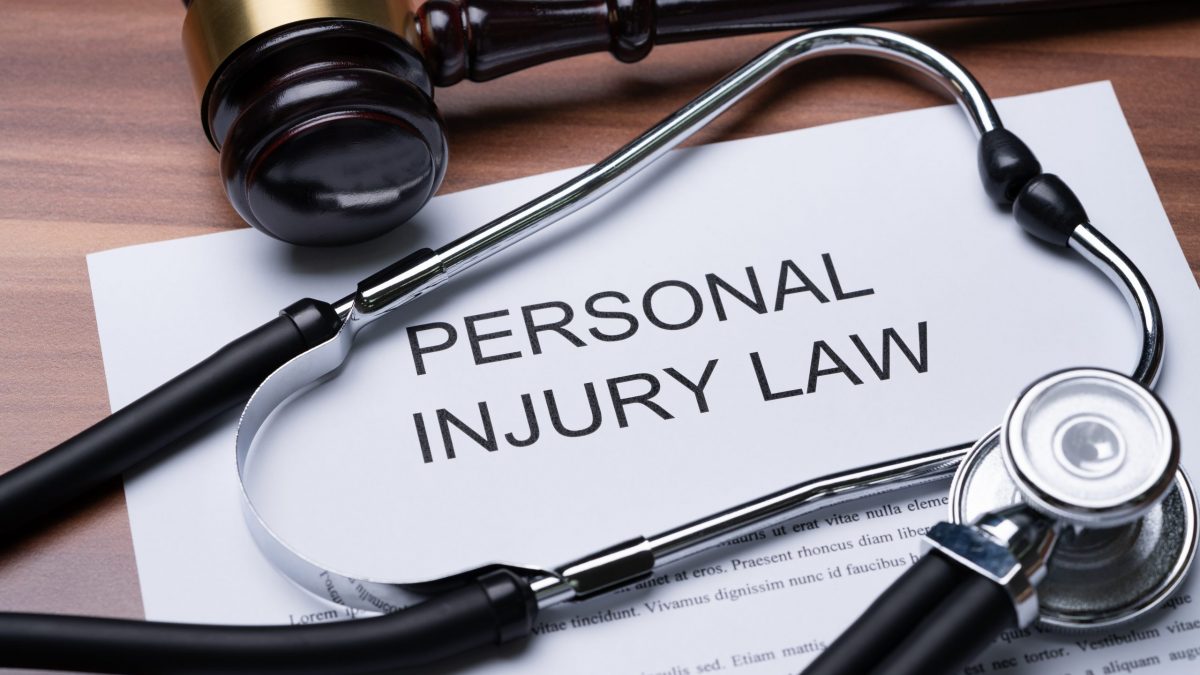
The Future Lawyer Weekly Briefing- w/c 18 July
July 18, 2022
Important Things You Need To Know About Federal Crimes
July 18, 2022Prior to the 20th century, medical negligence claims were virtually unheard of in the UK. Even in 2006/07, the number of clinical claims made against the NHS was just 5,426, but this has increased exponentially since.
In fact, it has increased by 133% to a whopping 12,629 claims, as the NHS continues to struggle with a lack of funding and finds itself overrun by global pandemics and out-of-control waiting lists.
But if you want to work successfully in this field, what knowledge and skills do you need to achieve your objectives? Here are some considerations to keep in mind.
What is Medical Negligence Law?
The term ‘medical negligence’ is often used interchangeably with ‘medical malpractice’, but the former is only one legal component of a medical malpractice claim.
In simple terms, medical negligence law describes an act or failure to act that “deviates from the accepted medical standard of care”. This means that a doctor or healthcare professional has failed in their ‘duty of care’ to a patient, perhaps by failing to identify the clinical symptoms of a condition or misdiagnosing ailments that may be present.
However, proving this type of dereliction alone isn’t enough to support a valid medical negligence claim.
In fact, patients must also prove that this negligence has at least partially caused physical, or emotional harm or a loss of earnings, with you as a legal representative playing a significant role in collating evidence and negotiating settlements.
What are a Solicitor’s Academic Requirements?
When looking to become an accredited and successful lawyer in this field, you’ll also need to identify the necessary academic qualifications and measures that can help you to stand out from the crowd.
More specifically, a practicing lawyer should have at least completed a basic undergraduate law degree, before undertaking an LPC (Legal Practice Course).
The latter is a Postgraduate Diploma in Legal Practice, and represents the final educational stage in becoming a solicitor in England, Wales and even Australia. Thus bridges the gap between theoretical learning and practical training, and solicitors that fail to complete this aren’t qualified to practice.
We’d also recommend undertaking a master’s course in healthcare law, as this strengthens your qualifications and ensures that you have an in-depth understanding of the relevant legislation.
What About the Key Qualities to Work in Medical Negligence Law?
Aside from legal knowledge and academic qualifications, a medical negligence lawyer should also boast strong commercial awareness.
After all, the primary issues impacting clinical negligence are fixed recoverable costs, redress schemes and funding, so understanding these complex issues and navigating them effectively can dramatically improve the service you provide.
At the other end of the spectrum, you’ll also need to showcase empathy and understanding. After all, clients will often have incurred significant or life-changing injuries and been rendered unable to work, and you’ll need to showcase patience throughout the representation.
Excellent communication skills can also help in this regard, helping you to converse regularly with clients and explain what’s happening at every stage of the claim.





